Antarctic Glacier Caught in Act of 'Ice Piracy,' Stealing Ice from Neighbor
A recent study reveals that the Kohler East Glacier in West Antarctica is actively 'stealing' ice from the adjacent Kohler West Glacier. This phenomenon, dubbed 'ice piracy,' is occurring at an unprecedented rate of less than 18 years, challenging previous assumptions about the timescale of glacial dynamics. The change impacts ice flow into the Dotson and Crosson Ice Shelves and contributes to ongoing concerns about sea-level rise.

 European Space Agency
European Space Agency
 Phys.org
Phys.org
 Discover Magazine
Discover Magazine
 British Antarctic Survey
British Antarctic Survey
Soviet Kosmos 482 Venus Probe Set to Reenter Earth's Atmosphere After 50 Years
The Kosmos 482 probe, launched by the Soviet Union in 1972 with the aim of reaching Venus, is predicted to reenter Earth's atmosphere. Stranded in orbit due to an engine malfunction, the probe's descent module is expected to fall to Earth around May 10. While the risk of damage or injury is low, experts are closely monitoring the event due to the probe's durable construction.
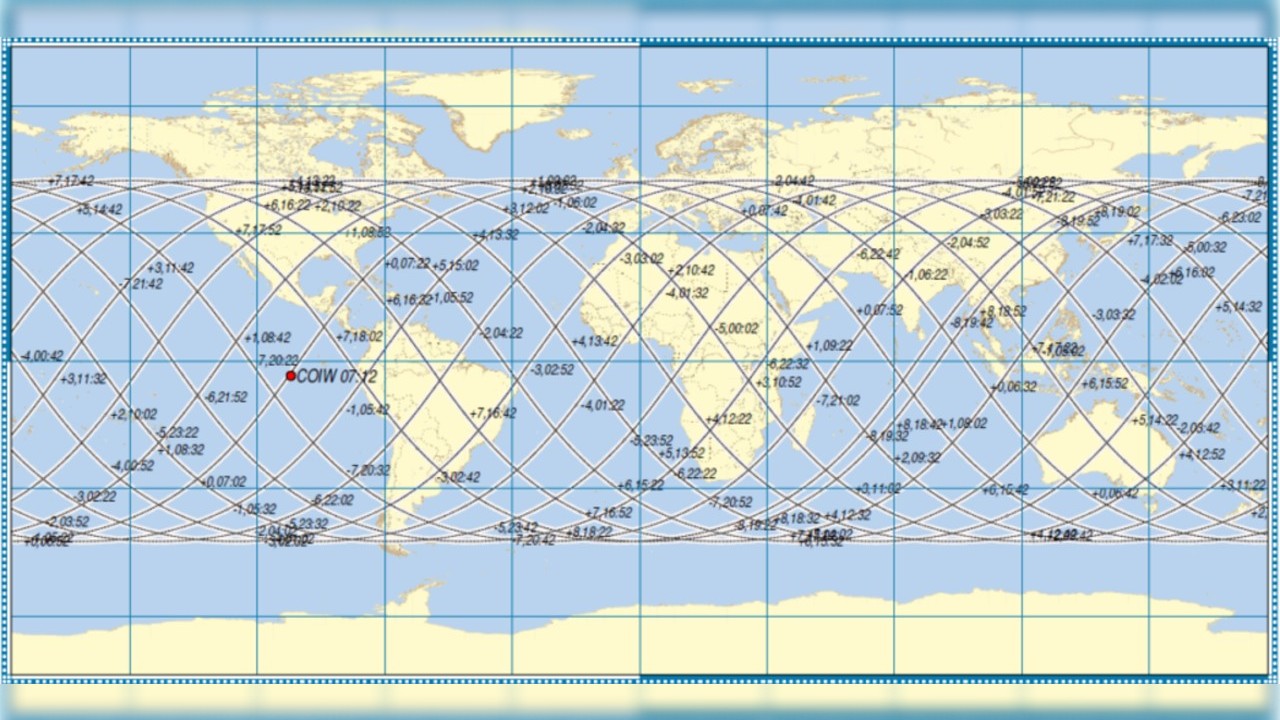
 Space
Space
 Space
Space
 BBC
BBC
 NPR
NPR
Antarctic Expeditions Reveal Thriving Ecosystems and Rare Marine Life Under Shifting Ice
Recent Antarctic expeditions have revealed thriving deep-sea ecosystems and rare marine life previously hidden beneath ice shelves and glaciers. Scientists have documented unique species, including ghost jellyfish, sea pigs, and colossal squid, while studying the impact of climate change on the region's melting glaciers. These discoveries emphasize the importance of continued Antarctic exploration and conservation efforts.
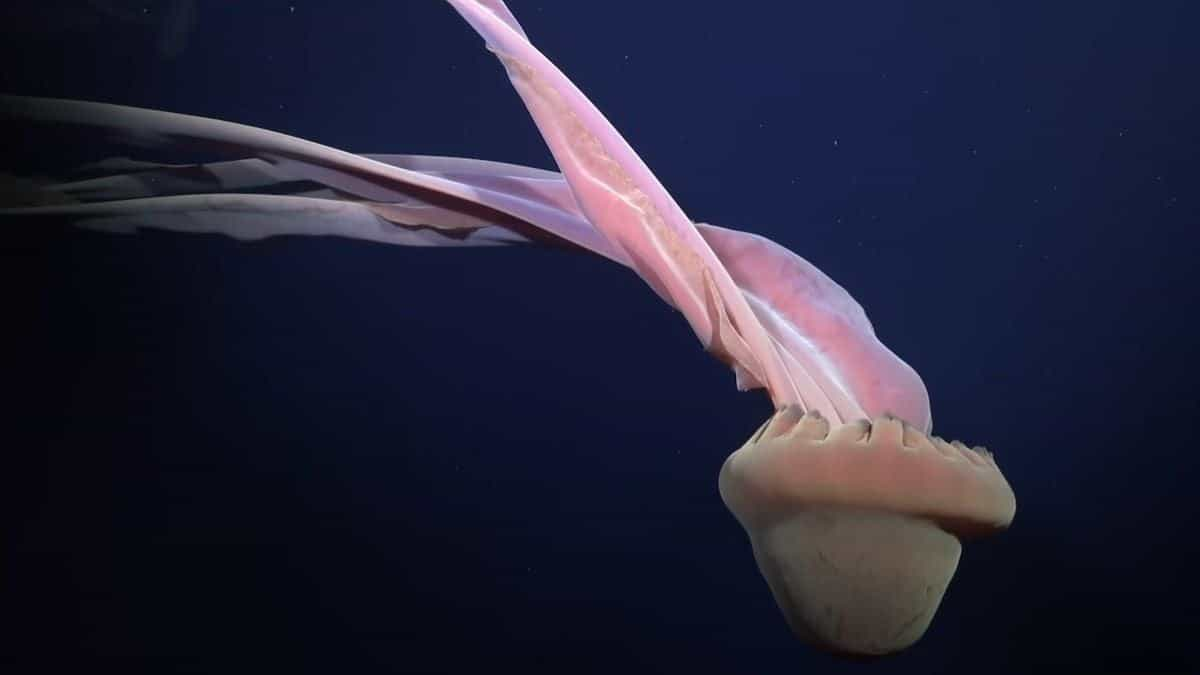
 Stewartville Star
Stewartville Star
 The Guardian
The Guardian
 The Jerusalem Post
The Jerusalem Post
 Earth.com
Earth.com
Last Universal Common Ancestor (LUCA) Dated to 4.2 Billion Years Ago
A recent study, spearheaded by evolutionary biologists at the University of Bristol, suggests that LUCA, the Last Universal Common Ancestor, existed around 4.2 billion years ago, much earlier than previously thought. This discovery, made using advanced phylogenetic analysis and molecular clock techniques, sheds new light on the origins of life on Earth and the complexity of early ecosystems.

 The Brighter Side of News
The Brighter Side of News
 New Scientist
New Scientist
 Sustainability Times
Sustainability Times
 My Modern Met
My Modern Met
Hubble Tension Deepens: New Coma Cluster Data Challenges Standard Cosmology Model
Recent precise measurements of the Coma Cluster's distance highlight a growing conflict in cosmology. The observed expansion rate of the universe differs significantly from predictions based on the standard Lambda Cold Dark Matter model, derived from cosmic microwave background data. This 'Hubble tension' prompts exploration of alternative models involving dark energy and dark matter interaction.

 SciTechDaily
SciTechDaily
 Astronomy Magazine
Astronomy Magazine
 Big Think
Big Think
 Astronomical Society of Edinburgh
Astronomical Society of Edinburgh
NASA Rethinks VIPER Moon Rover Mission, Cancels Commercial Partnership Plan
NASA has canceled its plans to partner with a commercial entity to send the VIPER rover to the Moon's south pole, reversing course after initially seeking industry proposals. This decision follows concerns about the financial viability of the original partnership structure and criticisms regarding NASA's handling of the VIPER mission, which faced previous cancellation due to cost overruns.
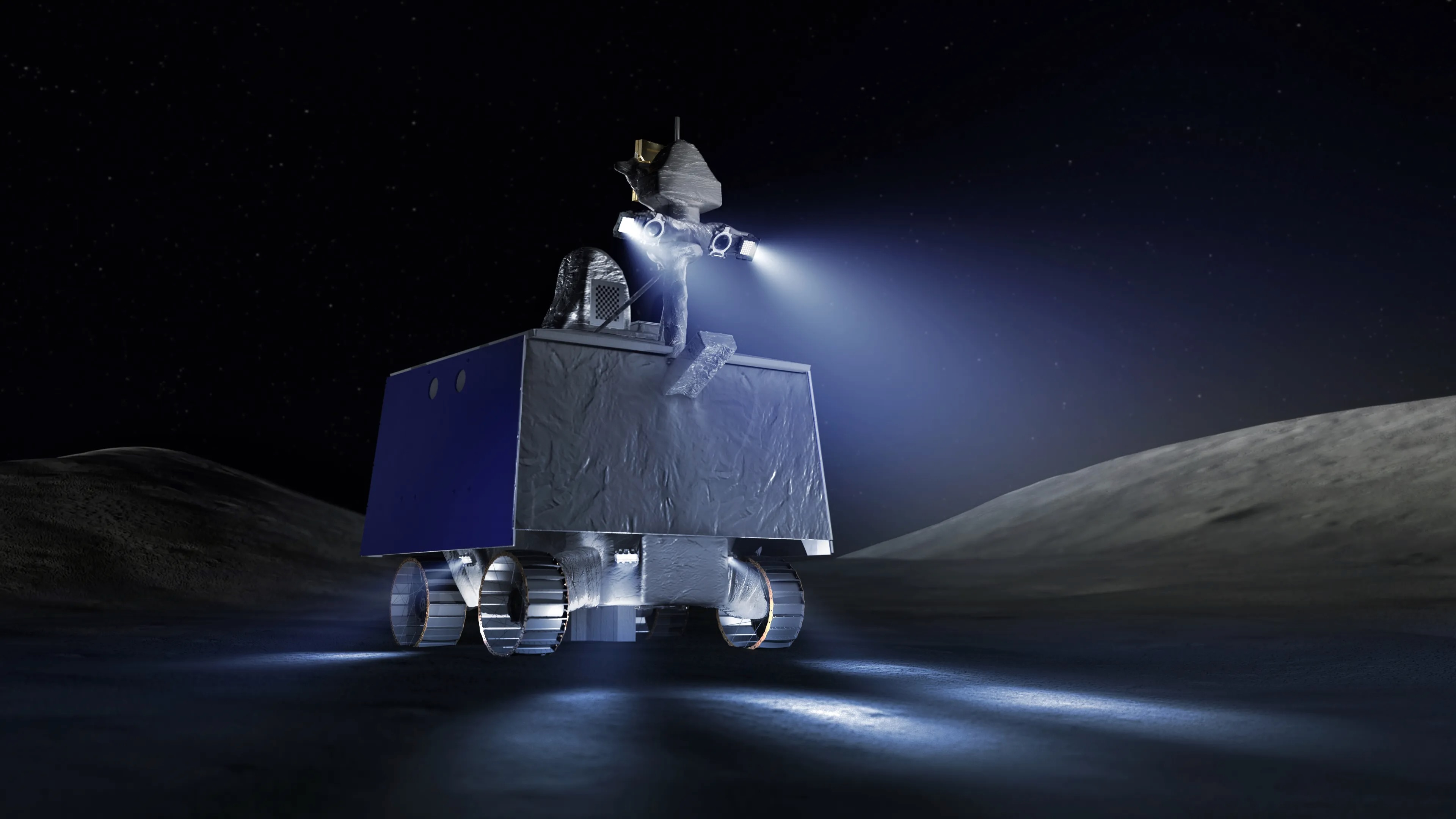
 Space
Space
 SpaceNews
SpaceNews
 upi.com
upi.com
Rare Genetic Mutation Enables Some to Thrive on Just 4 Hours of Sleep
A newly identified genetic mutation, SIK3-N783Y, allows certain individuals to thrive on significantly less sleep (4-6 hours). Research on humans and mice indicates that this mutation affects the SIK3 protein's function, impacting the sleep-wake cycle. The discovery may lead to new treatments for sleep disorders by improving sleep efficiency.

 Live Science
Live Science
 ScienceAlert
ScienceAlert
 Medical Xpress
Medical Xpress
 Yahoo News Canada
Yahoo News Canada
JWST's COSMOS-Web Survey Reveals Thousands of Early Universe Galaxies
The James Webb Space Telescope's COSMOS-Web survey has produced a groundbreaking image revealing thousands of galaxies from the early universe. This survey maps a large area of the sky, providing insights into galaxy evolution, the cosmic web, and the distribution of dark matter. The image contains galaxy groups from as far back as 12 billion light-years, offering a glimpse into the universe's formative years.
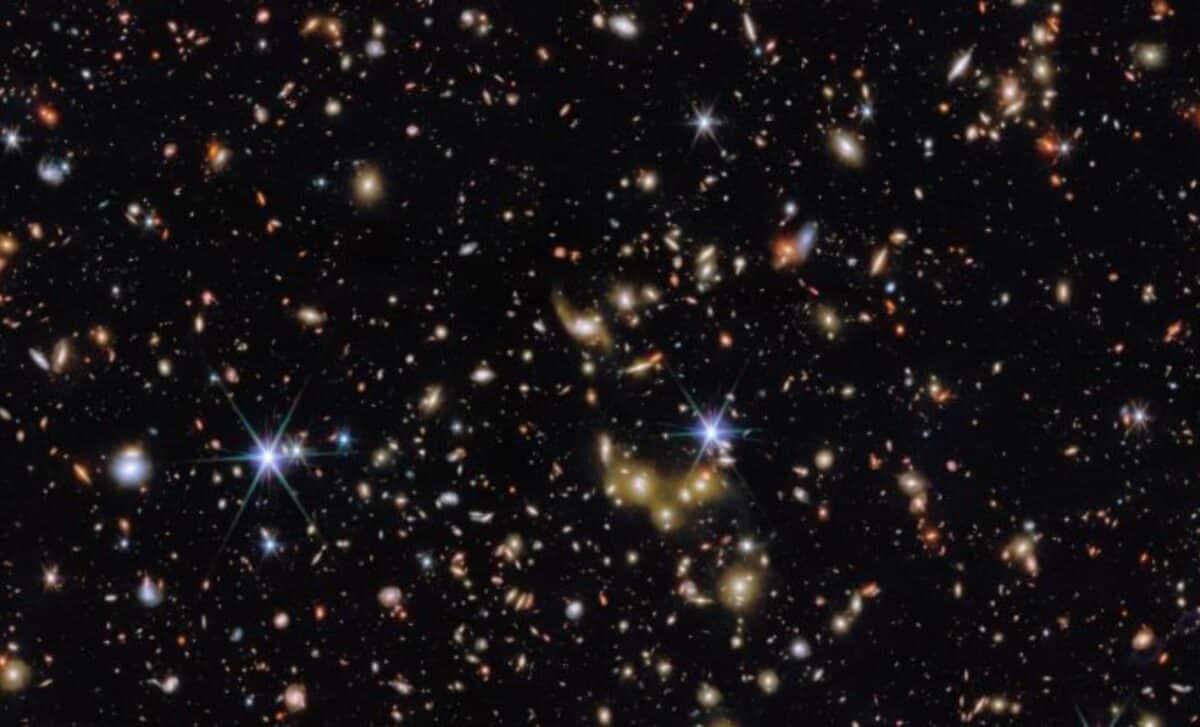
 The Daily Galaxy
The Daily Galaxy
 Big Think
Big Think
 Live Science
Live Science
 New Scientist
New Scientist
Wandering Black Hole Discovered Shredding Star 600 Million Light-Years Away
Astronomers have identified a wandering supermassive black hole, located 600 million light-years away, through the observation of a tidal disruption event (TDE) named AT2024tvd. This black hole, unlike others typically found at the center of galaxies, is offset and was discovered as it consumed a star, emitting a burst of radiation. The discovery has implications for understanding the behavior and origin of black holes.
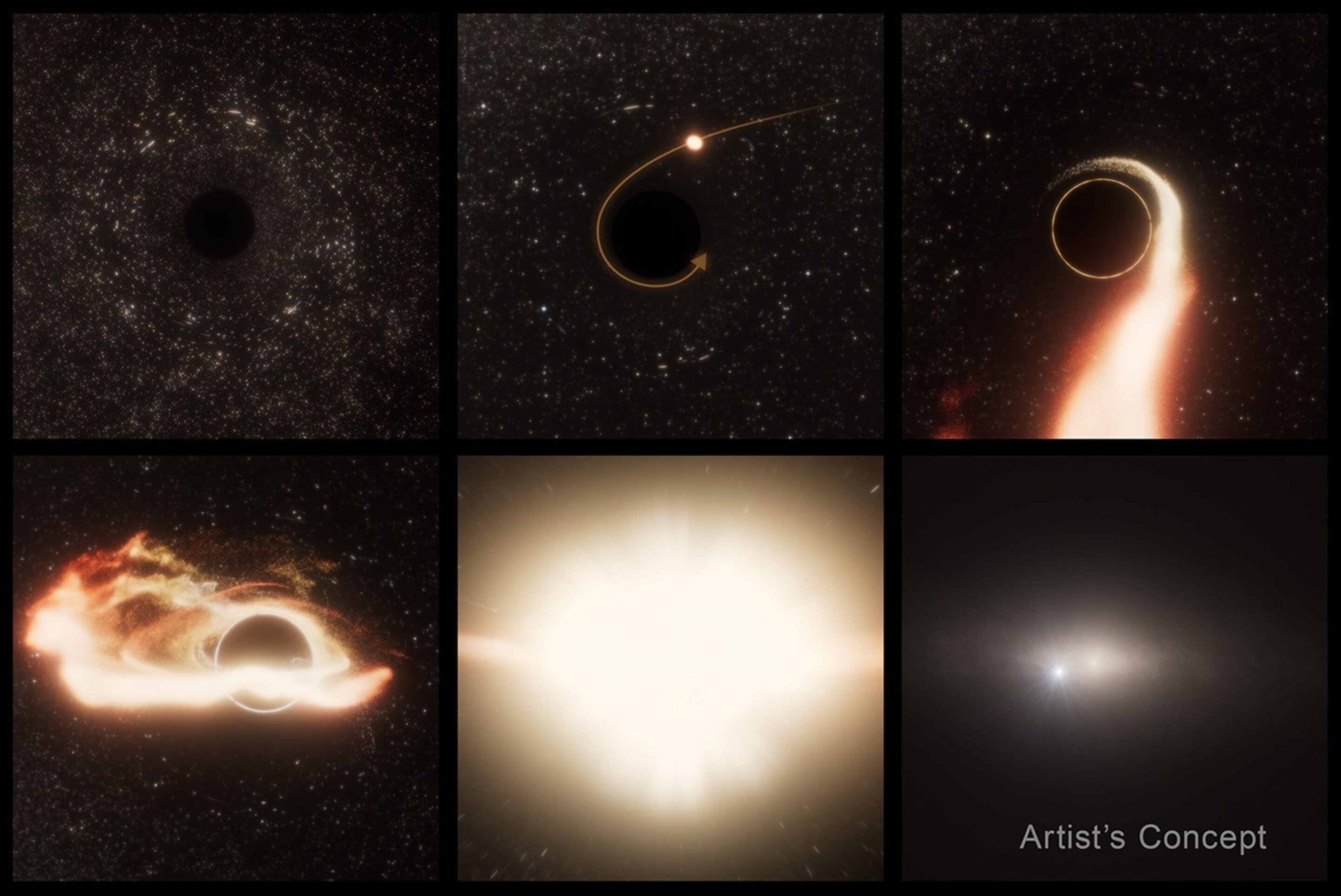
 Phys.org
Phys.org
 NASA Science (.gov)
NASA Science (.gov)
 NDTV
NDTV
 Sci.News
Sci.News
Sun's Filament Eruptions Send Solar Energy Waves; Earth Dodges Direct Impact
On May 7, 2025, the Sun unleashed a series of solar filament eruptions, producing coronal mass ejections. Fortunately, Earth avoided a direct impact. While some minor geomagnetic storm conditions are possible, experts are monitoring solar activity and advising those sensitive to magnetic changes to take precautions, highlighting the ongoing interplay between solar activity and terrestrial conditions.

 The Daily Galaxy
The Daily Galaxy
 Space
Space
 Evrim Ağacı
Evrim Ağacı
 The Watchers - Watching the world evolve and transform
The Watchers - Watching the world evolve and transform
Stadium-Sized Asteroid 2002 JX8 Safely Passes Earth: Watch the Flyby
Asteroid 2002 JX8, a stadium-sized potentially hazardous asteroid, safely passed Earth on May 9, 2025. The flyby was observed and broadcasted live by the Virtual Telescope Project. While classified as potentially hazardous due to its size and proximity threshold, it posed no actual threat to our planet. The event was a notable opportunity for astronomical observation and public engagement with space science.
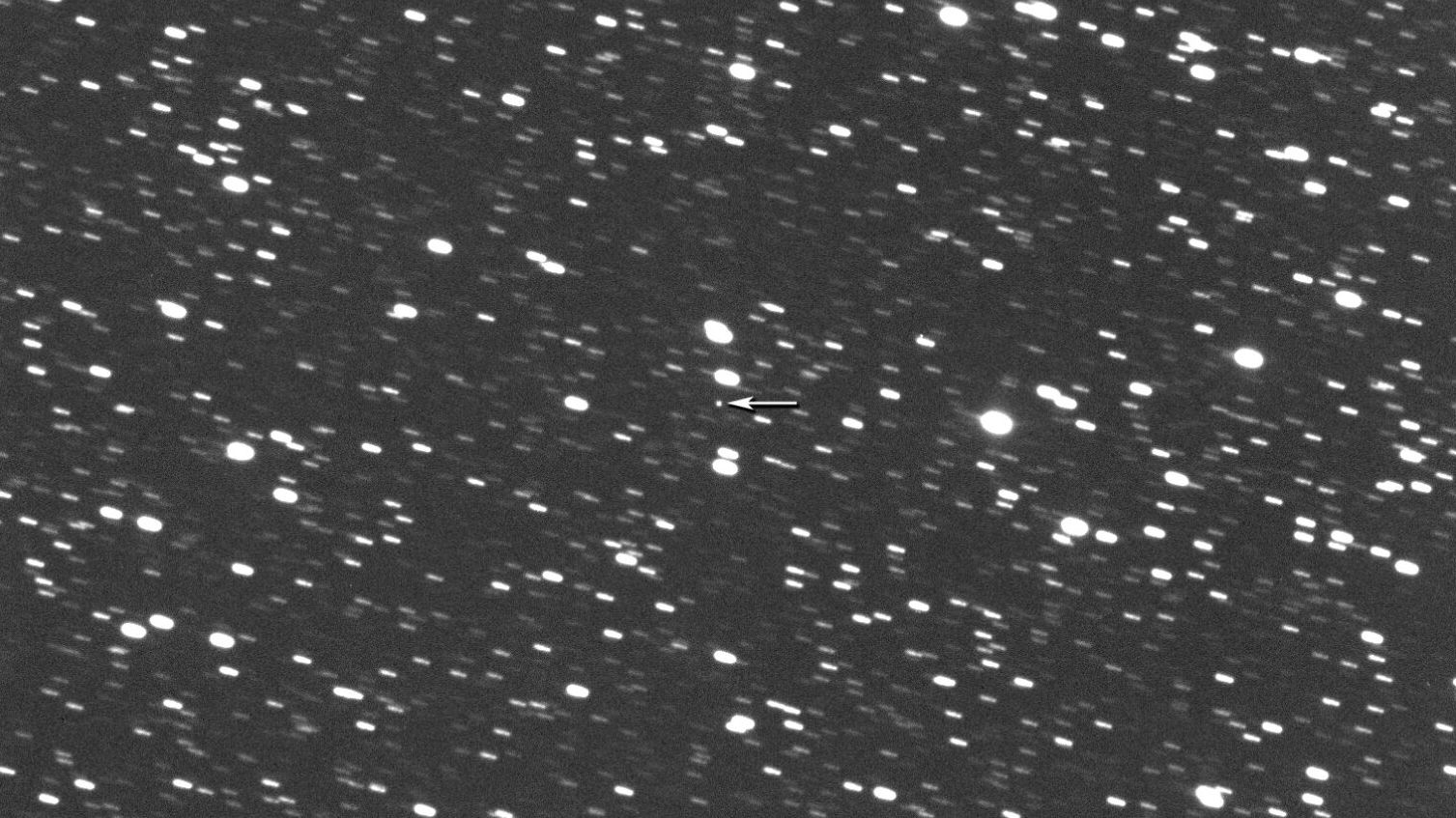
 Space
Space
 Times Now
Times Now
 The Virtual Telescope Project 2.0
The Virtual Telescope Project 2.0
 Forbes
Forbes
Squid Galaxy's Neutrino Emission Explained by Helium Fragmentation, Not Gamma Rays
A new study suggests that helium nuclei colliding with ultraviolet photons and fragmenting into neutrons, which then decay into neutrinos, explains the high neutrino emission and weak gamma-ray emission observed in the Squid Galaxy (NGC 1068). This finding provides insights into extreme environments near supermassive black holes.
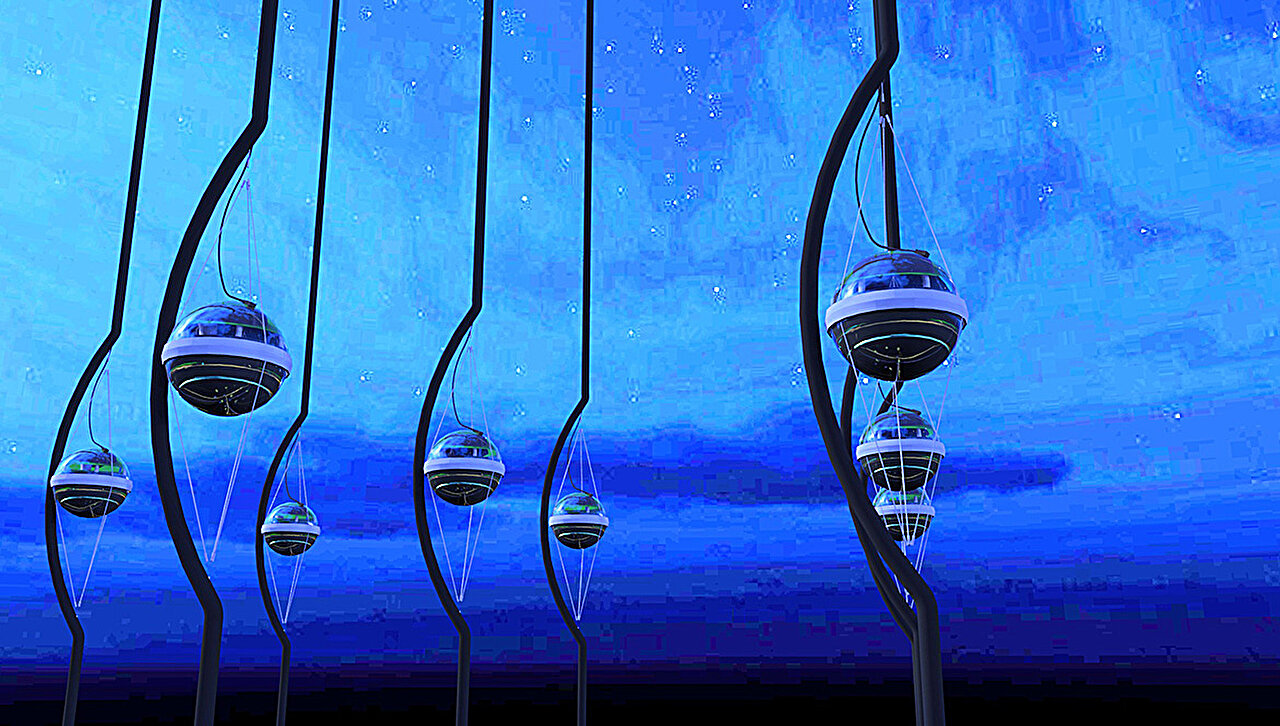
 Phys.org
Phys.org
 Newsroom | UCLA
Newsroom | UCLA
 IFLScience
IFLScience
Elon Musk Warns of Sun's Eventual Destruction of Earth, Advocates Mars Colonization
Elon Musk, CEO of SpaceX and Tesla, warns about the eventual destruction of Earth by the expanding sun in an interview with Fox News. He advocates for the urgent establishment of a self-sustaining civilization on Mars as a 'life insurance' policy for humanity. Musk highlights the need for Mars to become independent of Earth's resources.

 The Economic Times
The Economic Times
 Times of India
Times of India
 Corpus Christi Caller-Times
Corpus Christi Caller-Times
 Fox News
Fox News
T. rex Ancestors Migrated from Asia to North America, Study Suggests
A new study suggests that Tyrannosaurus rex’s ancestors migrated from Asia to North America via the Bering Strait. Researchers used mathematical models to trace the movement of tyrannosaurids and megaraptors, linking their size to climate changes and the extinction of carcharodontosaurids. The study also highlights the divergent evolution of megaraptors in Gondwana.
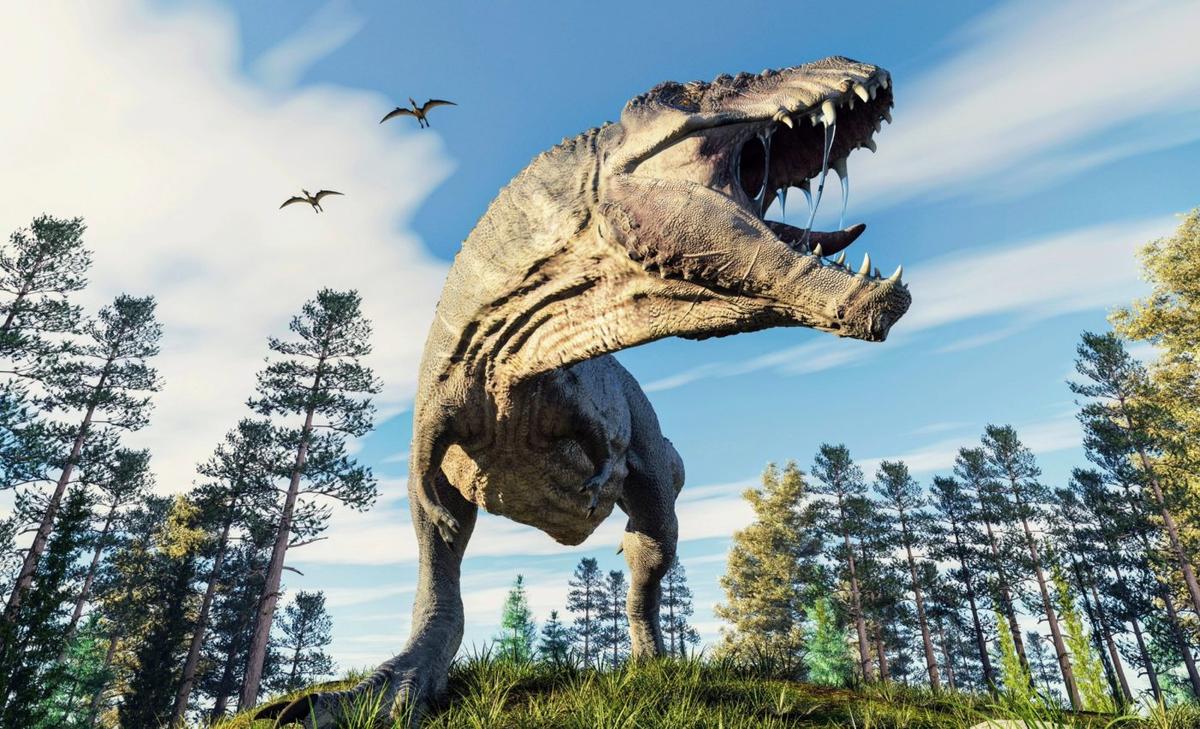
 Earth.com
Earth.com
 CNN
CNN
 Sci.News
Sci.News
 Natural History Museum
Natural History Museum
Laurie Leshin Steps Down as JPL Director, David Gallagher Appointed as Successor
Laurie Leshin resigned from her position as the director of NASA's Jet Propulsion Laboratory (JPL) on June 1, 2025, citing personal reasons. David Gallagher, a 36-year JPL veteran, has been appointed as her replacement. Leshin's tenure was marked by both triumphs and challenges, including budget cuts, mission difficulties (like the Psyche mission), and the Eaton Fire, while also overseeing successful Mars rover operations and the Voyager mission.
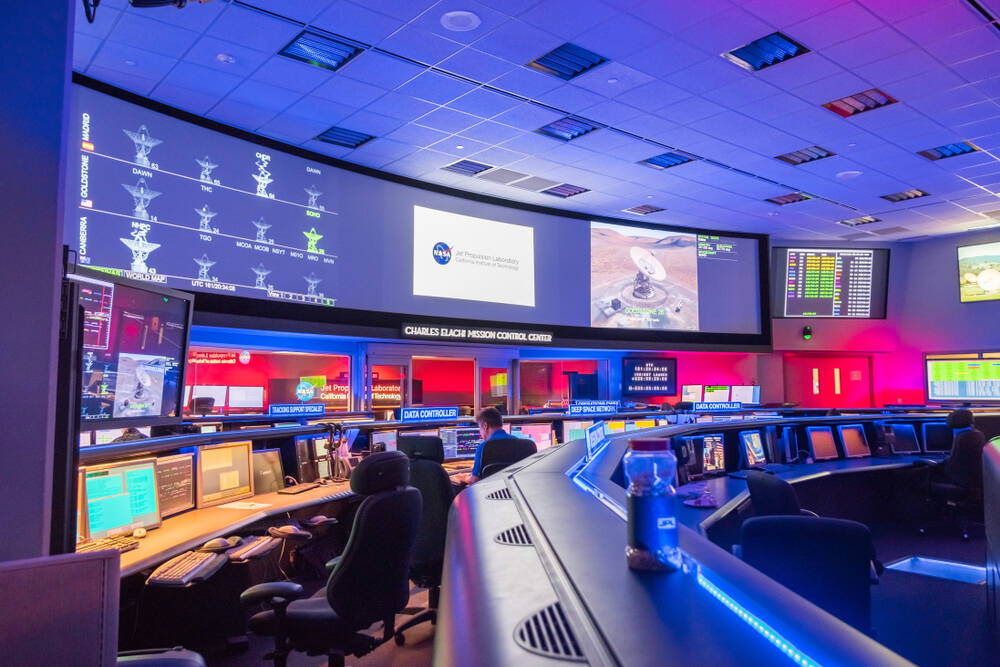
 theregister.com
theregister.com
 NASA (.gov)
NASA (.gov)
 SpaceNews
SpaceNews
 MSN
MSN
Electricity-Producing Bacteria: New Discoveries and Potential Applications in Bioelectronics
The article synthesizes information about electricity-producing and conducting bacteria. It covers the discovery of new species, their mechanisms for generating and transferring electrons, unique structural features, and potential applications in areas like bioelectronics, wastewater treatment, environmental monitoring, and sustainable technology. It highlights the innovative aspects of these microbial processes.
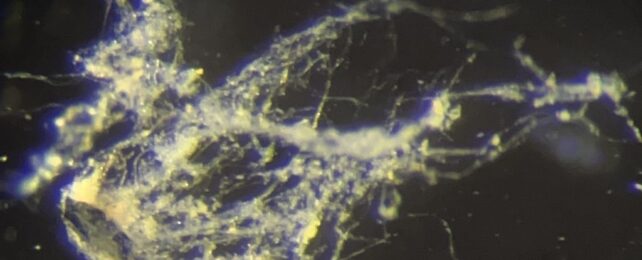
 ScienceAlert
ScienceAlert
 Earth.com
Earth.com
 SciTechDaily
SciTechDaily
 WIRED
WIRED
IXPE Reveals Electron Interactions as Source of X-rays in Black Hole Jets
NASA's IXPE mission has solved a long-standing mystery about supermassive black hole jets. Observations of the blazar BL Lacertae reveal that X-rays are produced by electrons scattering photons to higher energy levels through Compton scattering. This finding refutes the theory that protons are primarily responsible for X-ray emission in these environments.
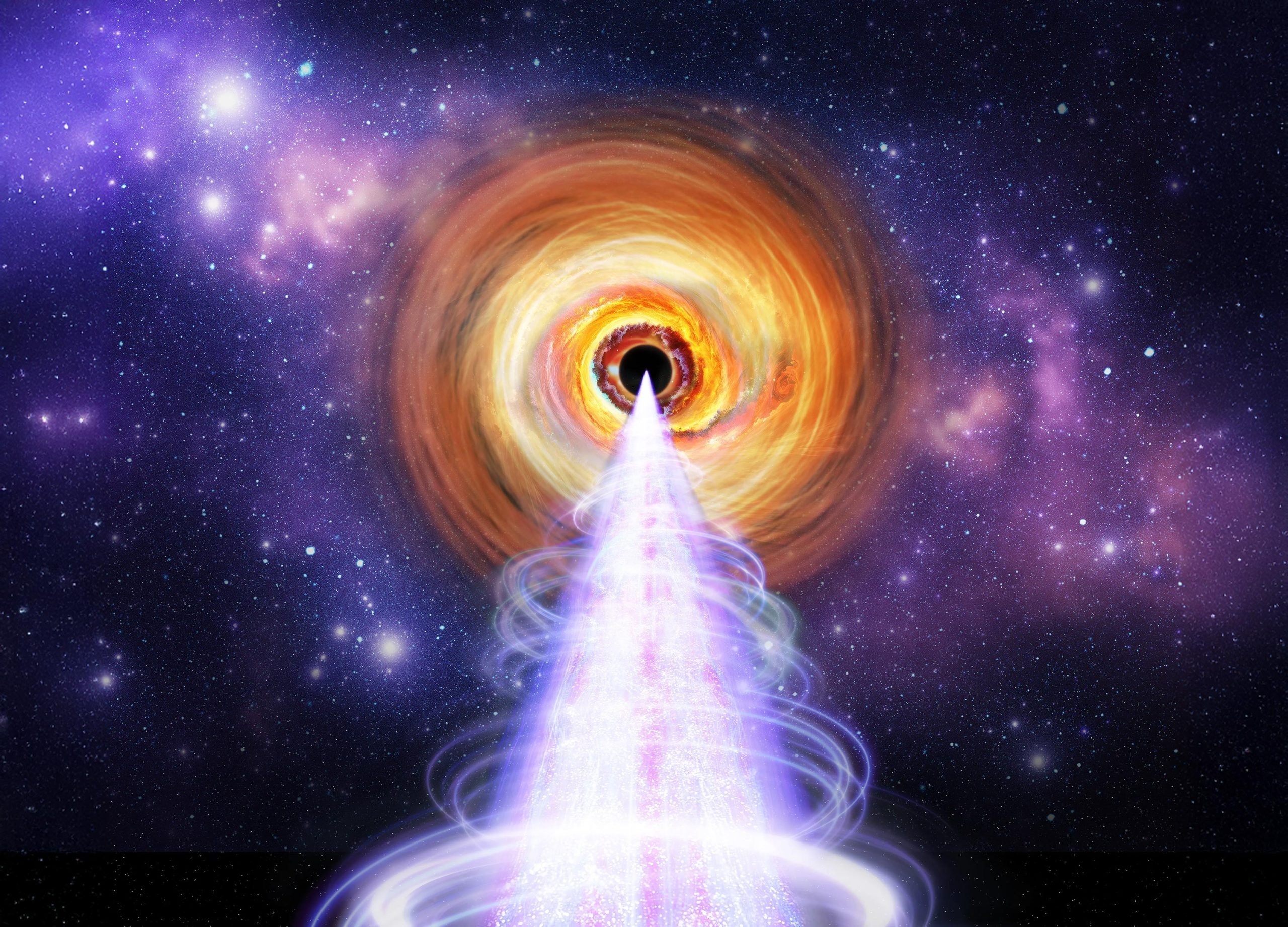
 SciTechDaily
SciTechDaily
 NASA (.gov)
NASA (.gov)
 Sci.News
Sci.News
 Techno-Science.net
Techno-Science.net
NASA Faces Budget Cuts: ISS Activity Reduced, Mars Focus Intensified
NASA is grappling with significant budget cuts proposed by the Trump administration, impacting ISS operations and shifting focus towards Moon and Mars missions. Proposed changes include reducing crew sizes, extending mission durations, and canceling upgrades. These cuts align with a broader strategy to prioritize lunar and Martian exploration while streamlining NASA's overall activities, raising concerns about scientific research and global leadership in space.
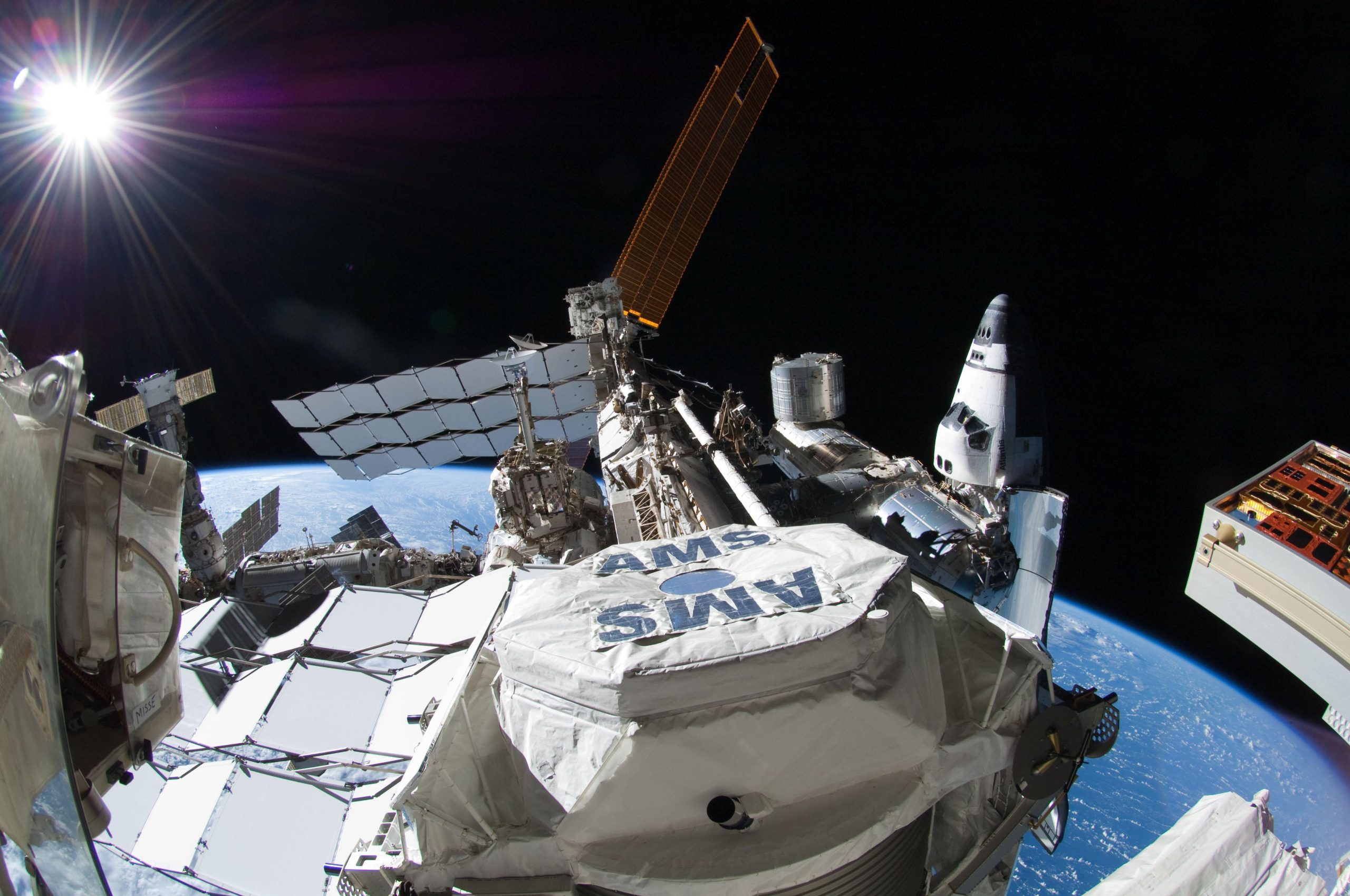
 Ars Technica
Ars Technica
 CNBC
CNBC
 The Intercept
The Intercept
 The New York Times
The New York Times
NASA's Psyche Mission Investigates Thruster Issue En Route to Asteroid
NASA's Psyche mission, launched in October 2023 to study a metal-rich asteroid, is currently facing a thruster issue. A pressure drop in the spacecraft's electric propulsion system caused the thrusters to shut down automatically. Engineers are investigating the problem and assessing whether to switch to a backup fuel line. The mission is still expected to arrive at the asteroid in 2029.
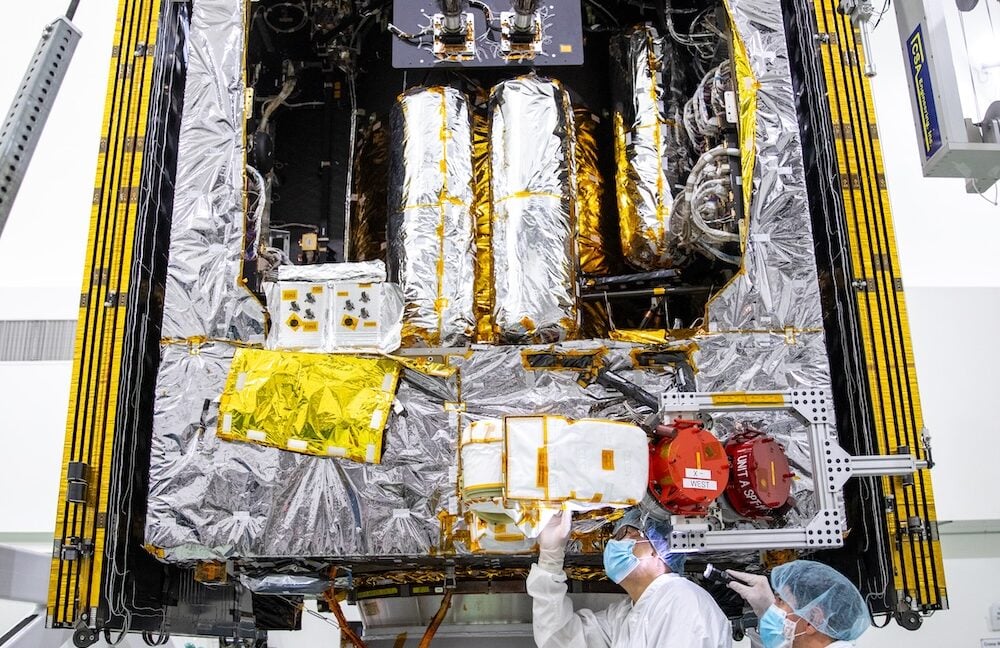
 Universe Today
Universe Today
 SpaceNews
SpaceNews
 futurism.com
futurism.com
 Daily Kos
Daily Kos
New Theory Offers Potential Unification of Gravity and Quantum Physics
A team of physicists has introduced a novel approach to unify gravity with other fundamental forces by incorporating it into the Standard Model. The 'unified gravity' theory uses a gauge theory framework, treating gravity like other quantum forces and potentially resolving discrepancies in understanding black holes and the Big Bang. The theory is still under development and requires further testing.

 ZME Science
ZME Science
 Phys.org
Phys.org
 cosmosmagazine.com
cosmosmagazine.com
 Interesting Engineering
Interesting Engineering
